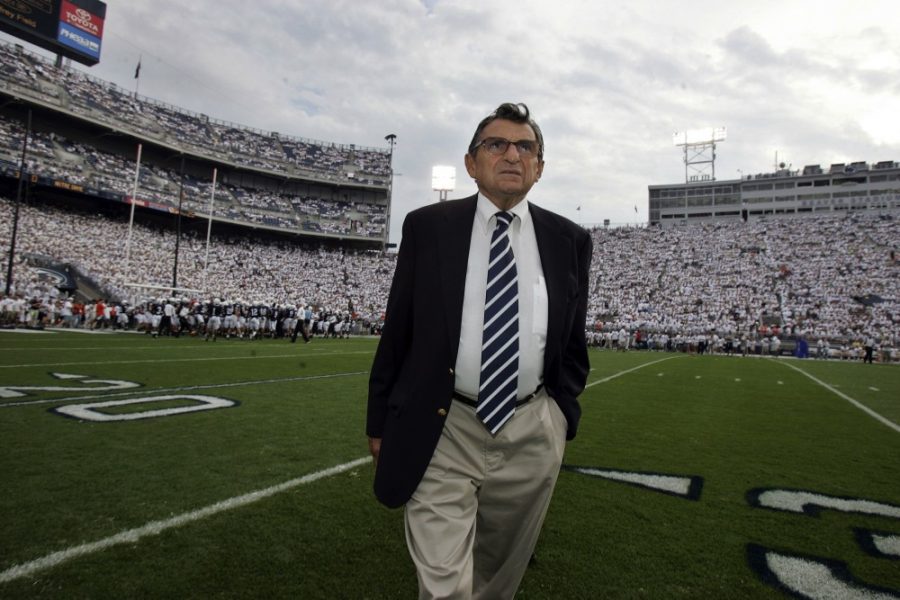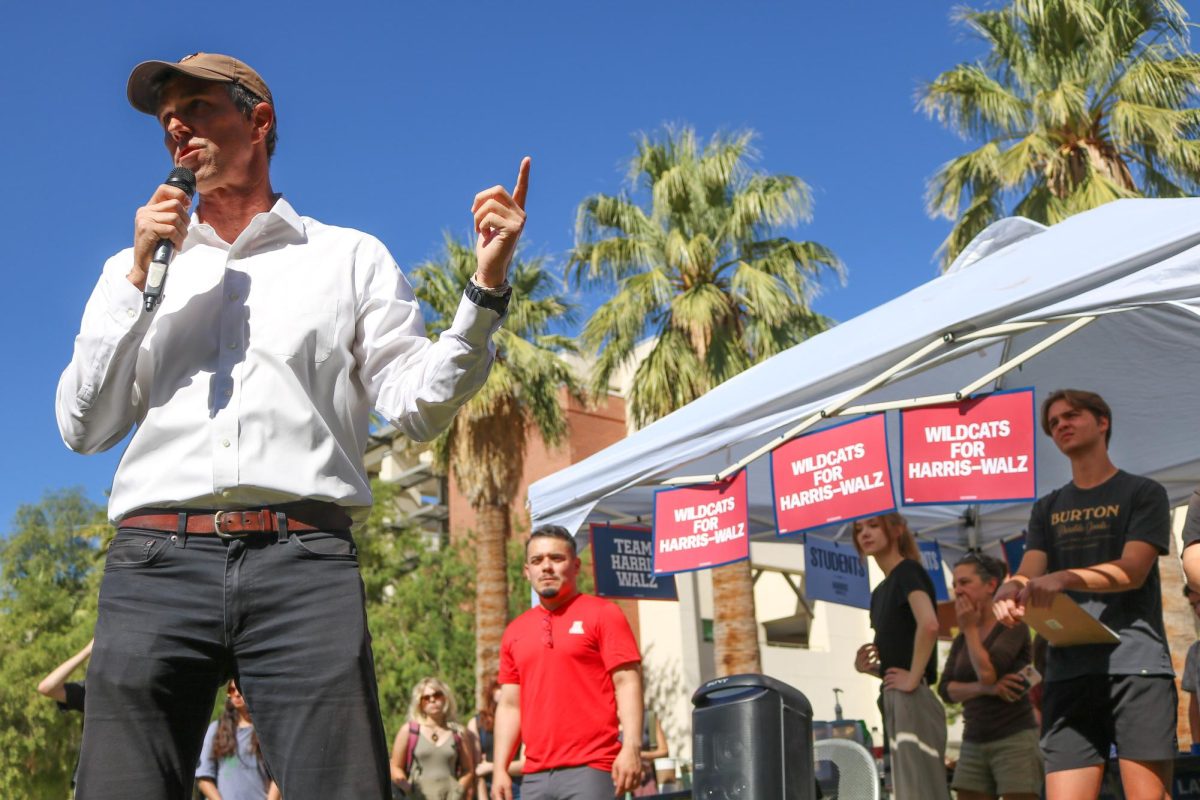Joe Paterno, the former Penn State football coach whose Hall of Fame career ended amid scandal, died Sunday after a bout with lung cancer. He was 85.
Paterno’s family released a statement Sunday morning announcing his death.
Paterno died at 9:25 a.m. EST of “metastatic small cell carcinoma of the lung” at Mount Nittany Medical Center in State College, Pa., a hospital statement said.
Paterno, who served as Penn State’s head coach for nearly 46 seasons, was diagnosed in November with what family members described then as a treatable form of lung cancer. The diagnosis came only days after Penn State’s board of trustees fired Paterno after former assistant Jerry Sandusky was charged with child sex abuse.
Sandusky, Penn State’s former defensive coordinator, was charged with 40 counts of child sex abuse on Nov. 5, and two university administrators were charged with perjury and failure to report following a lengthy grand jury investigation. Four days after that, Penn State’s board announced Paterno’s firing as a decision made “in the best interests of the university.”
Paterno stayed at Penn State for more than 60 years, building a life and a football program around what then was a small agricultural school. Paterno spent 16 years as an assistant coach to Engle before taking over as head coach in 1966. He had no official contract, and his initial salary was $20,000.
In January 1983, three weeks after winning the first of his two national championships, Paterno told the board of trustees that Penn State was “looking for the soul of this university.” He challenged administrators and the board to begin a fundraising campaign to take advantage of what he called a “magic time.”
But following Sandusky’s arrest in November, Paterno and the football program became the focus of national attention. At a Nov. 7 news conference announcing the charges against Sandusky, state police Commissioner Frank Noonan questioned whether Penn State officials, including Paterno, had met their “moral responsibility” in reporting what they allegedly knew.
Later that week, Paterno issued a series of statements. In one statement, Paterno said that, if the allegations about Sandusky proved true, “we were all fooled, along with scores of professionals trained in such things.
“It is one of the great sorrows of my life,” Paterno said in his statement of retirement. “With the benefit of hindsight, I wish I had done more. My goals now are to keep my commitments to my players and staff and finish the season with dignity and determination. And then I will spend the rest of my life doing everything I can to help this university.”









